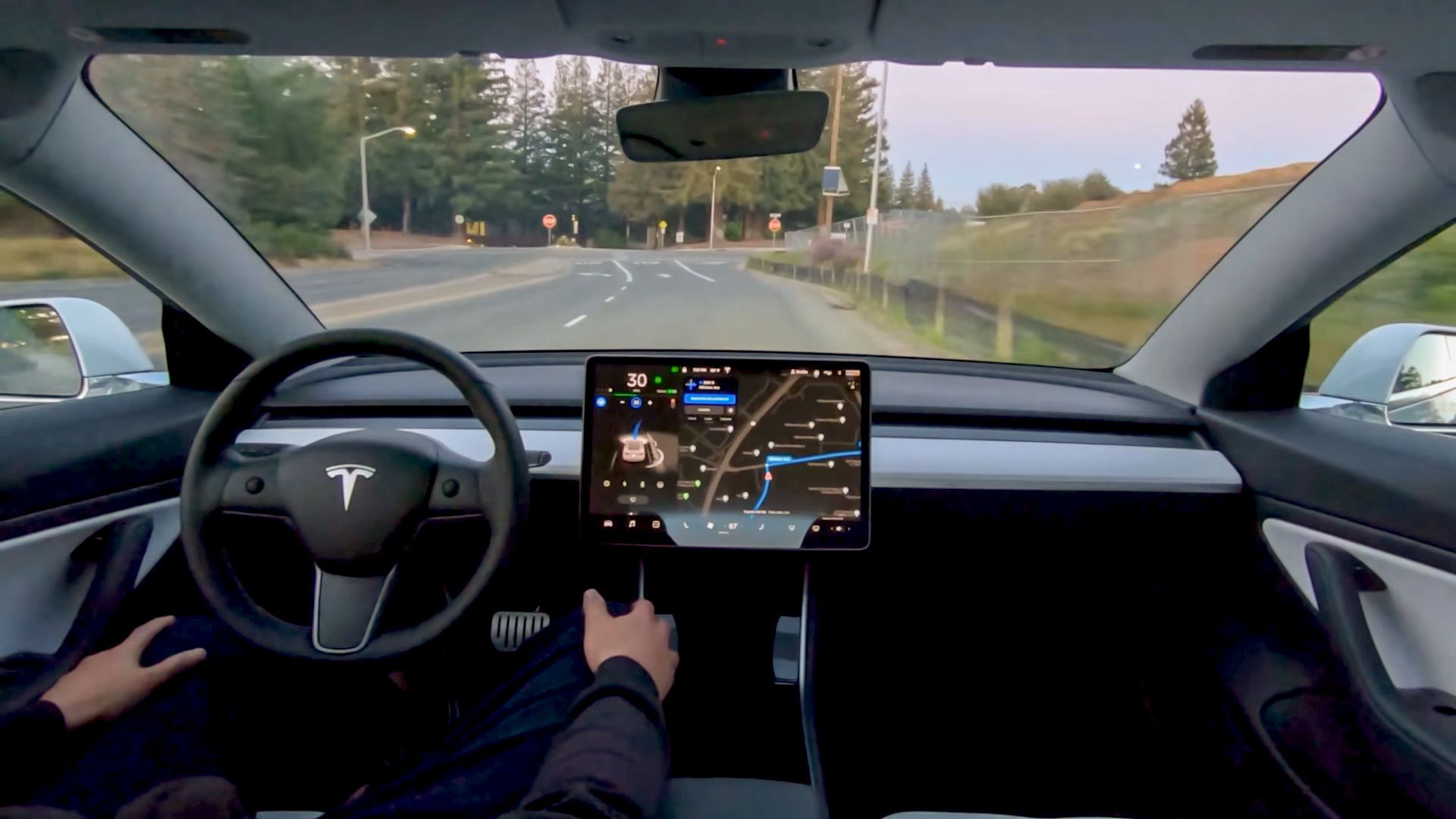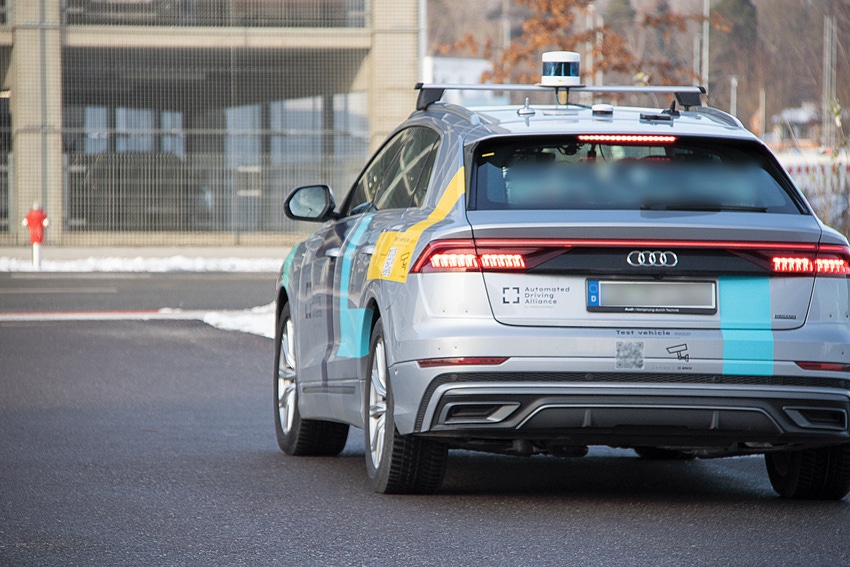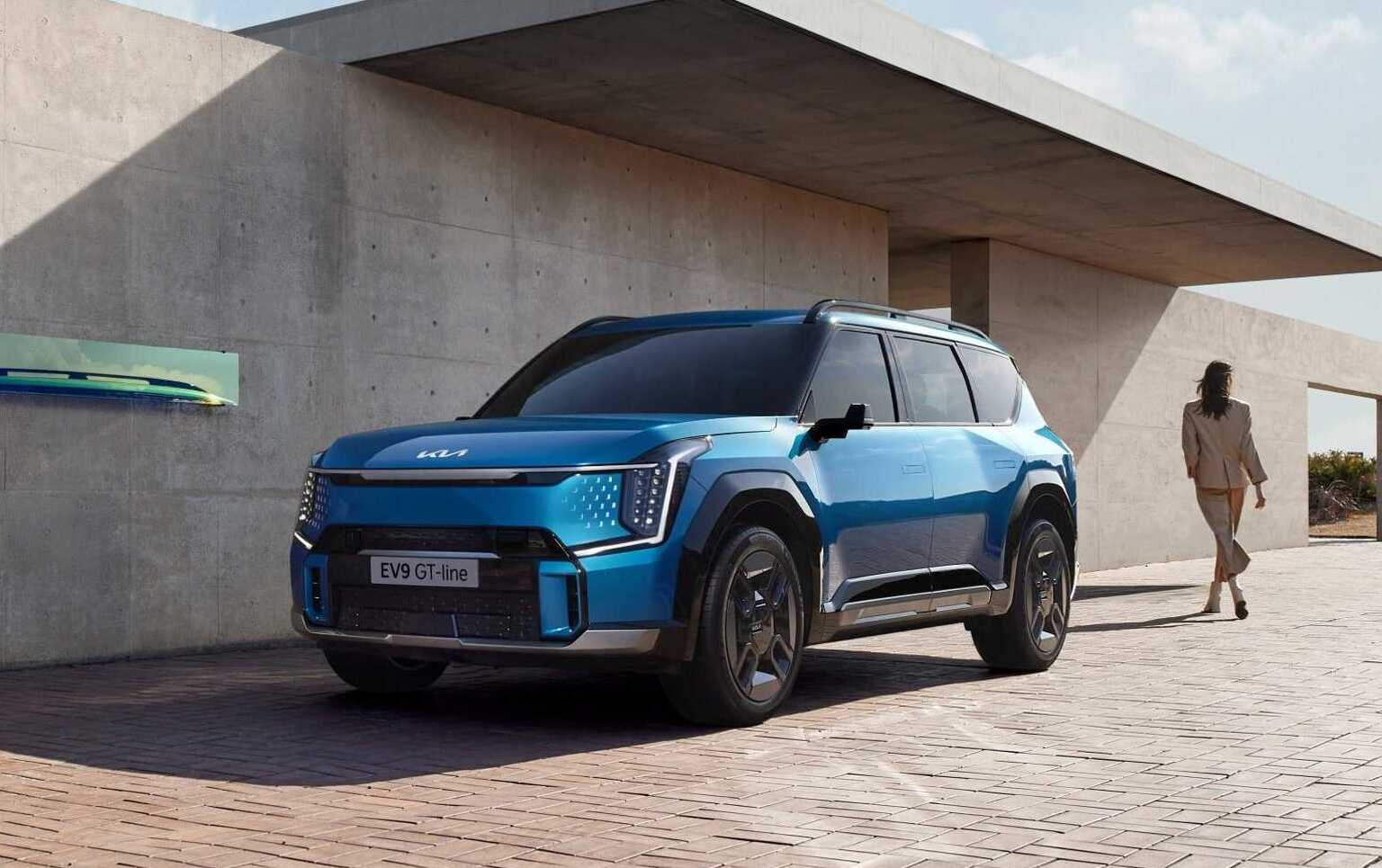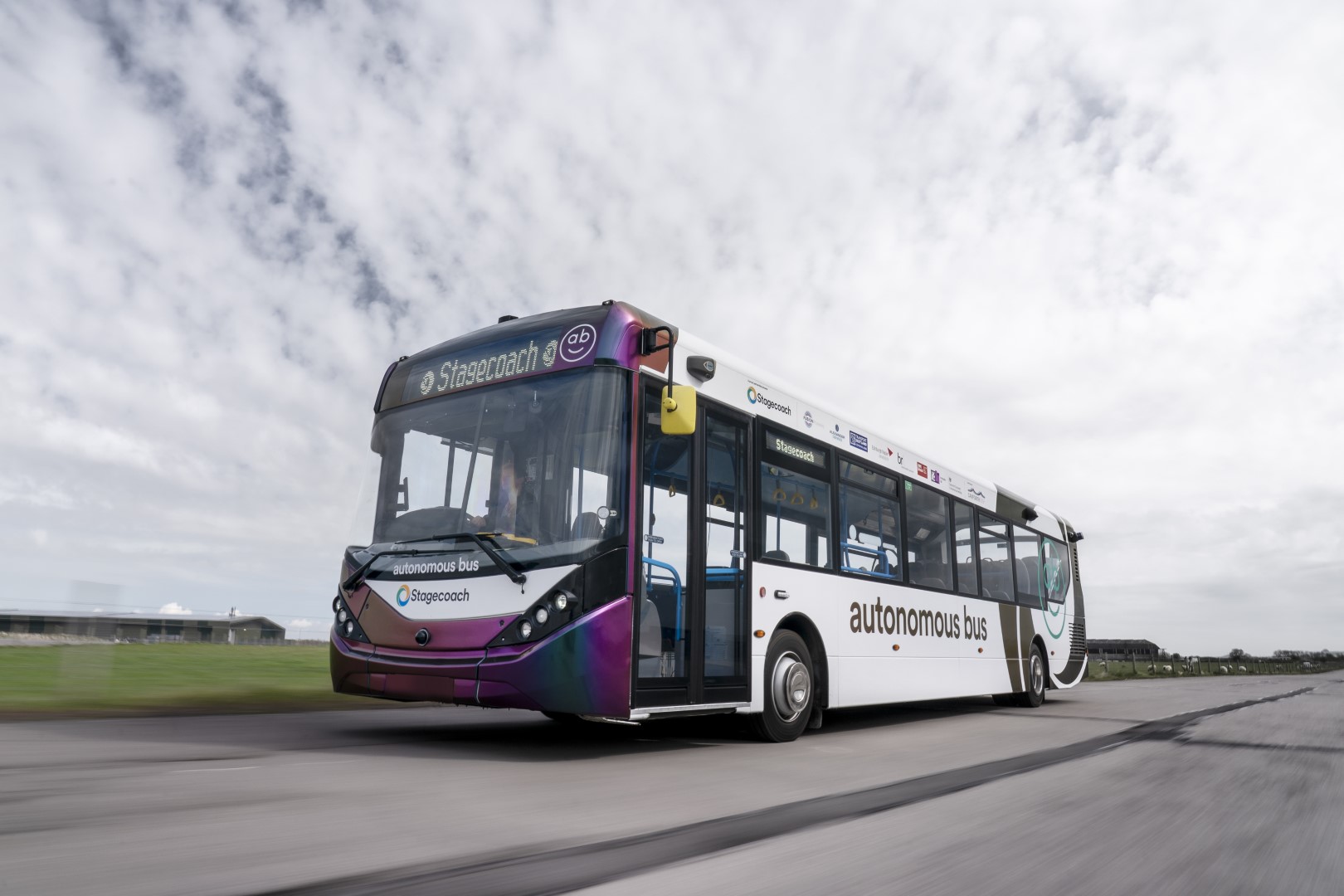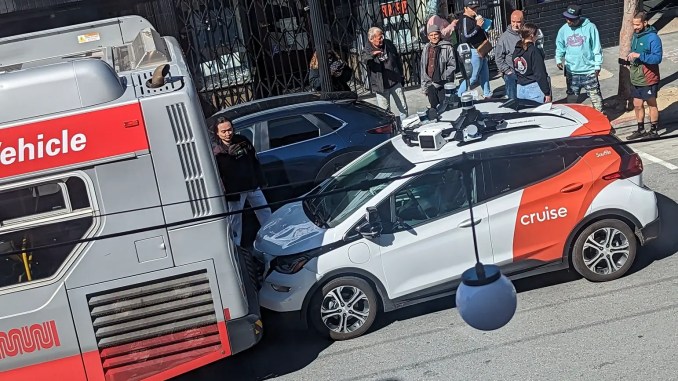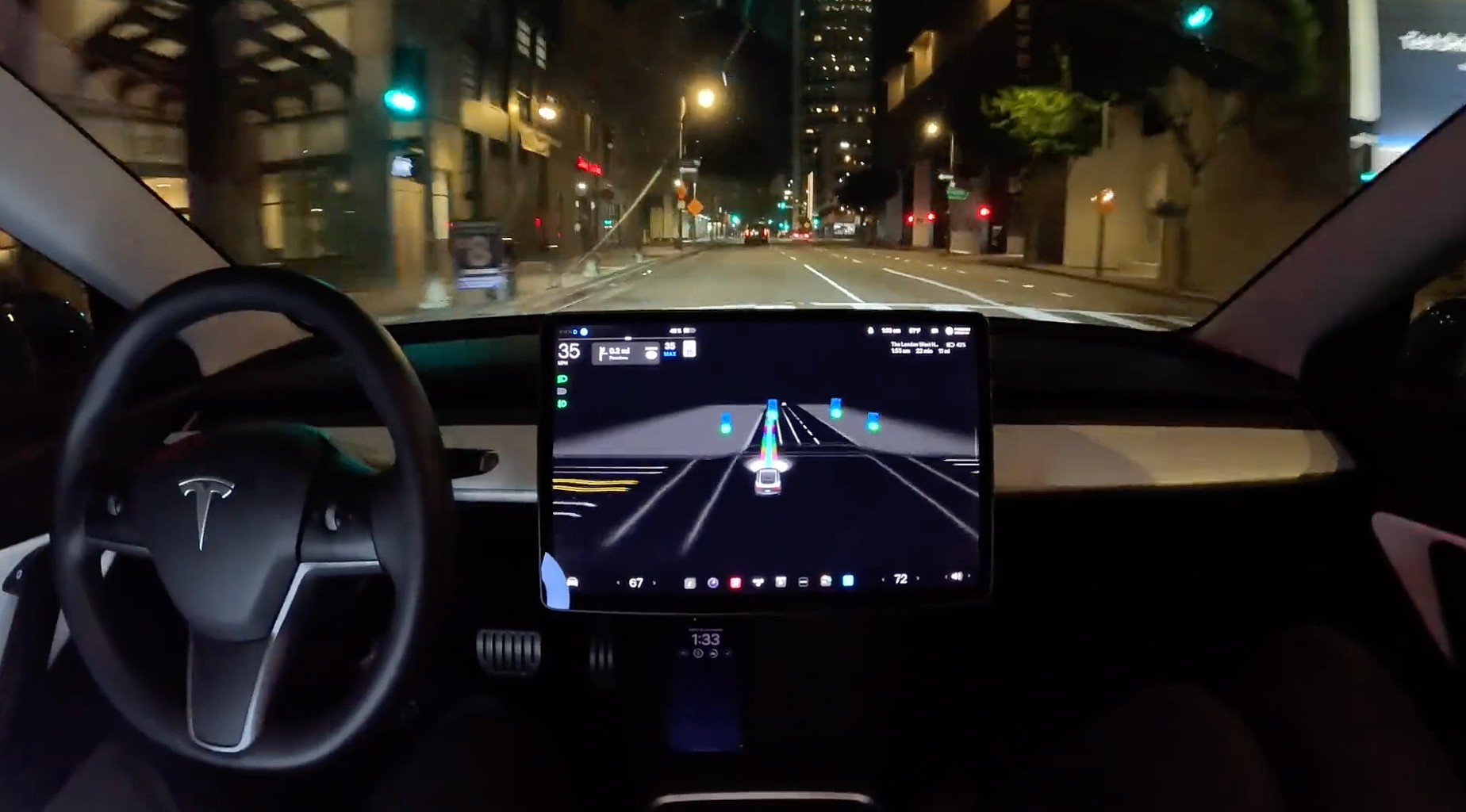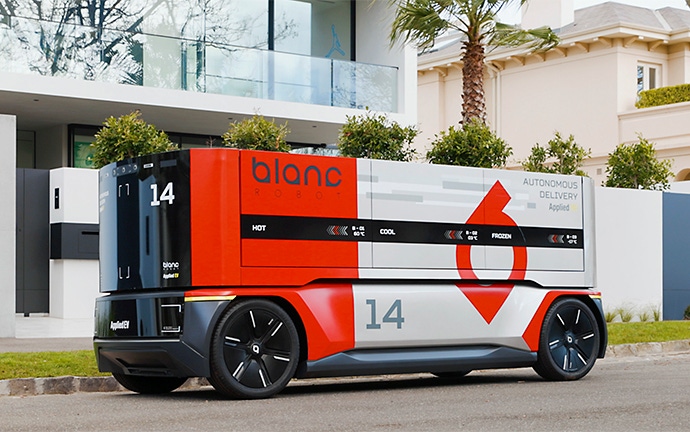Tesla is set to begin large-scale testing of its Full Self-Driving (FSD) technology in China, according to local media reports. The move marks a significant development for the company, which has been seen as slow to progress in the autonomous driving space in China.
The news comes just days after auto blogger Zheng Xiaokang claimed that Tesla China would soon release a major update to its Autopilot software, sparking speculation that it could be the company’s vision-only V11 software.
Currently, all Tesla vehicles come with the Basic Autopilot (BAP) software as standard, while Enhanced Autopilot (EAP) and FSD software are available as optional extras. While EAP and FSD cost $6,000 and $15,000 in the US respectively, they are priced at RMB 32,000 ($4,650) and RMB 64,000 in China. Tesla opened up the EAP feature option in China in February 2021, adding several features compared to BAP, including automatic assisted lane change, automatic parking, and smart summoning.
However, Chinese consumers who have purchased the FSD package have so far failed to experience significant improvements over BAP. In contrast, Tesla’s Chinese counterparts, such as XPeng and NIO, are seeing significant progress with their assisted driving features.
On March 31, XPeng made its Tesla FSD-like advanced driver assistance system (ADAS) available for its flagship G9 and P7i models, while NIO began allowing all NT 2.0 platform models to trial NOP+ assisted driving software in February.
Tesla’s move to begin large-scale testing of FSD in China is therefore significant, as it indicates that the company is making efforts to catch up with its Chinese rivals in the autonomous driving space. It remains to be seen what impact this will have on Tesla’s market share in China, but the company’s fans and investors will no doubt be closely watching developments in the coming months.

